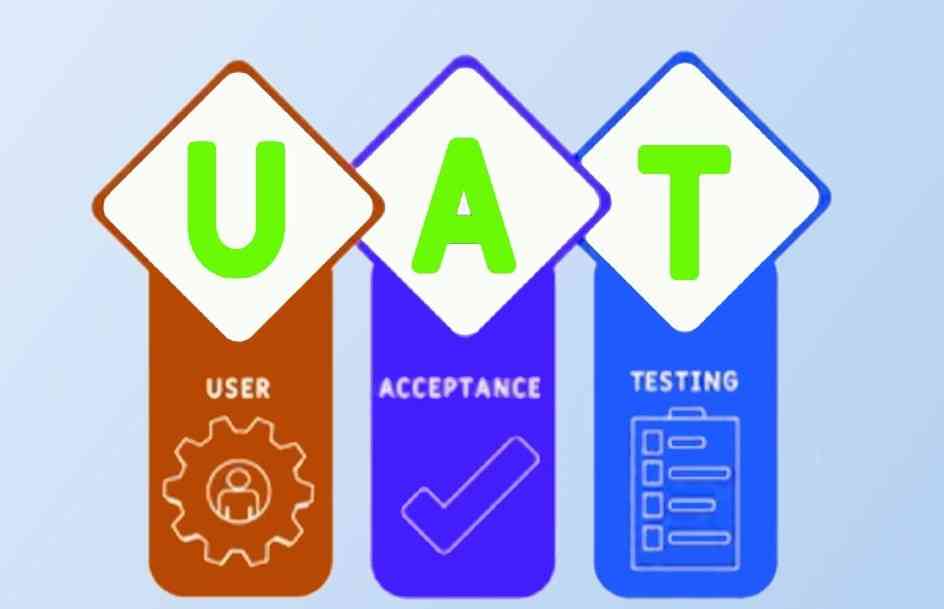Last updated on March 29th, 2024 at 01:33 am
You’ve just finished your first computer science project, and now it’s time for you to move forward with your future plans. You want to build another app or program, but what programming language should you choose? How does one even begin the process of choosing from among so many different types of programming languages?
Here, we will discuss some general tips on how to choose a programming language for your next project. There are many things to consider before making this decision; let this article help you narrow down your options.
Table of Contents
Decide on the type of platform you’ll use
If you’re programming for the web, you’ll need to choose a language that runs on a server (usually a Linux or Windows machine). If you’re developing for a mobile device, you’ll need to choose a language that runs on a mobile device (iOS or Android). If you’re making software for a desktop computer, you’ll need to choose a language that runs on a desktop machine (Windows, OS X, or Linux).
Remember that your first and foremost task is to pick a language that is compatible with the type of platform you are using. Be very attentive to this issue!
Determine what skill sets you have available
If you are an experienced programmer, you may want to consider using your current skill set to create your new program. If you are just beginning to learn how to program, you may want to start with a language that is easier to learn.
There are many different programming languages out there, but not all of them are created equally. Some languages are easier to understand and use than others, and therefore, are better for you if you’re just starting out.
There are a lot of things to consider when choosing the right language to learn. If you are learning a new language, you may want to consider which programming language has the largest user base, or what languages have the most job opportunities available.
Some of the most popular programming languages include Java, Python, and C++. If you’re looking for a more specific list of easier languages to learn, check out our comparison “react vs react native”; this might help you make the right decision.
Check out the difficulty level and job market
If you’ve narrowed down your list of potential programming languages, the next thing you should consider is the difficulty level of each language. Some languages are much easier to learn than others, but many different factors contribute to the difficulty level of a language.
If you are just starting out, you may want to choose a language that is easier to learn. The last thing you want to do is get frustrated and give up on programming before you even get started. If you have an idea of the type of job you plan on getting in the future, you may also want to consider the job market for that programming language.
This market can vary from one year to the next; some years, it will be booming, and other years, it may be in need of programmers. If you are currently in school and plan on graduating within the next few years, you may want to wait until you graduate to find a job in your field of interest.
Assess your business requirements
There’s no one-size-fits-all approach when it comes to programming languages. The best way to choose a language for your next project is to assess your business requirements. What kind of app or program are you planning on building? What do you want it to do? Once you have a rough plan in place, you can start thinking about which programming languages might be the best fit for your project.
Related Articles:
How to Create an Effective e-commerce App
Font Or Typography For A Web Page
Summing up
There are many things to consider when choosing a programming language for your next project. You may want to start by choosing a language that is easy to use. Once you’ve mastered that, you can move on to a more advanced language.
The most important thing is to pick a language that you enjoy and that you will be able to stick with. Otherwise, it will be difficult to complete your project.







